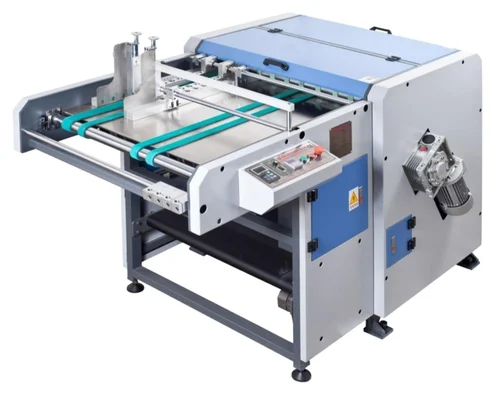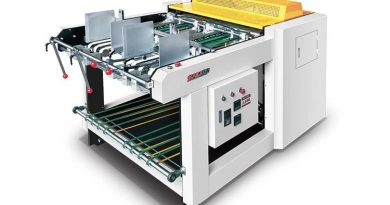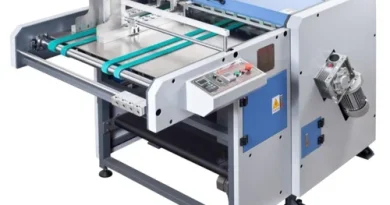Grooving Machines: Revolutionizing Material Processing in Various Industries
Introduction: In the realm of manufacturing and production, precision and efficiency dictate the pace and quality of output. Grooving machines play a pivotal role in this setting by providing specialized solutions for cutting grooves into various materials. This article explores the functionality, benefits, and diverse applications of grooving machines, emphasizing their importance in modern industrial processes.
What is a Grooving Machine? A grooving machine is a type of industrial equipment designed to cut grooves, slots, or indents into workpieces. These machines can handle a variety of materials including metals, wood, plastics, and composites. The primary purpose of a grooving machine is to prepare the material for further processing such as fitting, assembly, or to enhance its aesthetic or functional properties.
Key Features of Grooving Machines:
- Precision Cutting: Grooving machines are engineered to provide precise and consistent grooving, ensuring that each cut meets strict dimensional tolerances.
- Versatility: These machines are capable of handling different materials and groove configurations, making them suitable for a wide range of industrial applications.
- High Efficiency: Designed for high-speed operation, grooving machines can significantly increase production rates by quickly and accurately processing large volumes of material.
- Customization: Many models offer adjustable settings and can be customized with various cutting tools to meet specific production needs.
Benefits of Grooving Machines:
- Enhanced Productivity: By automating the grooving process, these machines allow for faster completion of tasks, leading to increased throughput in manufacturing operations.
- Improved Quality: The precision of automated grooving helps maintain high-quality standards, reducing the likelihood of errors and waste.
- Cost Savings: Efficient processing with grooving machines minimizes labor costs and reduces material waste, leading to significant cost reductions over time.
- Flexibility: The ability to quickly change setups or adjust parameters enables manufacturers to adapt to different production demands without significant downtime.
Applications Across Industries:
- Automotive Manufacturing: Grooving machines are used to create precise grooves in automotive parts like gears, pistons, and shafts, which are crucial for the assembly and functionality of vehicles.
- Woodworking: In the furniture and cabinetry industries, grooving machines enhance the assembly and aesthetic quality of wood products by creating uniform slots for joints and decorations.
- Plastics Manufacturing: These machines are essential for producing grooved components in plastic goods, which can be used in a variety of applications, from plumbing fixtures to consumer electronics.
- Metal Fabrication: Grooving machines facilitate the production of metal components with specific groove patterns, which are often required in construction, machinery, and tool-making industries.
Conclusion: Grooving machines are indispensable tools in modern manufacturing environments, offering enhanced precision, efficiency, and versatility. As industries continue to seek ways to improve production capabilities and reduce costs, the role of grooving machines becomes increasingly significant. Whether it’s creating functional grooves in automotive parts or decorative slots in fine cabinetry, these machines provide the necessary capabilities to meet the demands of high-quality, precision manufacturing. Investing in advanced grooving technology is a strategic decision for any manufacturer looking to stay competitive and efficient in today’s fast-paced industrial landscape.



